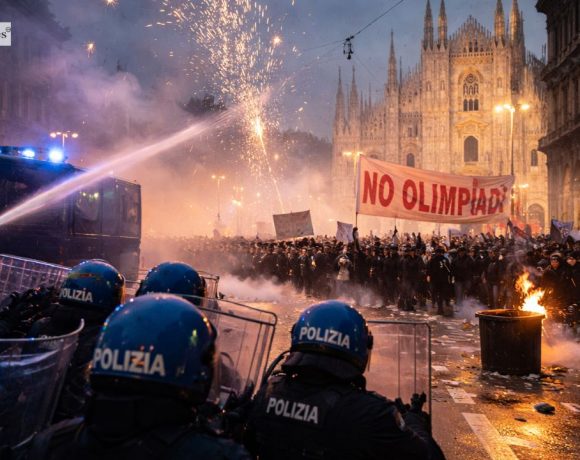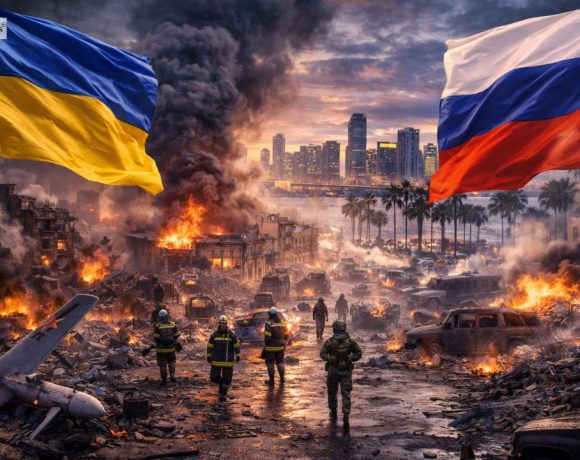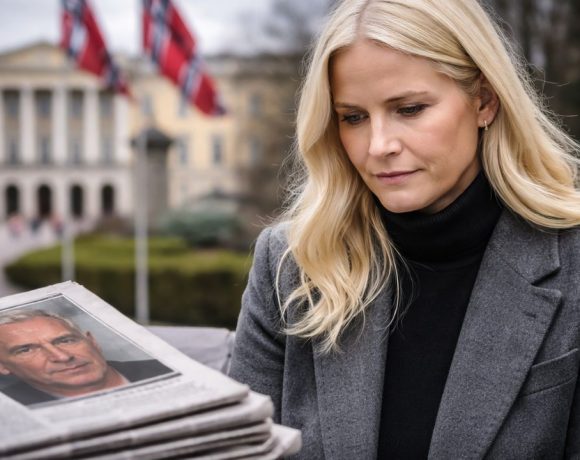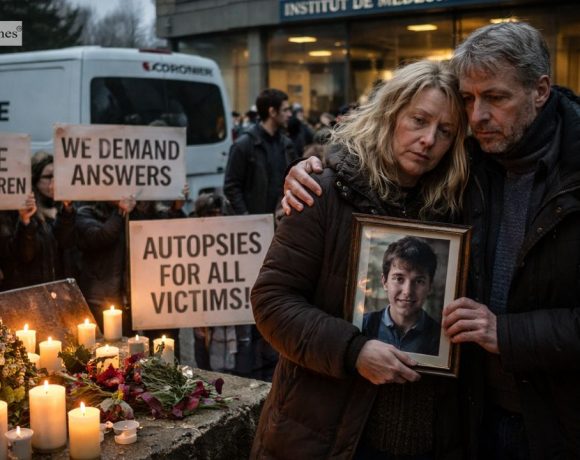
Farmers in Spain have reported catastrophic damage to crops as Storm Marta swept across the Iberian Peninsula, bringing torrential rain, strong winds and flooding. Large swathes of farmland have been submerged, particularly in southern regions such as Andalusia, where growers warned that vegetables including broccoli, carrots and cauliflower have been destroyed. The storm follows a series of extreme weather events in recent weeks that have already left soils saturated and vulnerable.
The severe weather has taken a deadly toll, with a snowplough driver killed in northern Spain after his vehicle plunged down a mountain slope, and a man drowning in Portugal. Authorities said at least five people have died since storms began hitting the region last week. More than 11,000 residents have been evacuated in southern Spain, hundreds of roads have been closed, and rail services in Portugal have faced major disruptions. Preliminary estimates from Portugal’s agriculture ministry put damage to farming and forestry at around €750 million.
Weather agencies warned that conditions could worsen, issuing orange alerts for heavy rain, snow and hazardous coastal conditions. Rising river levels, particularly along the Guadalquivir in Andalusia, have prompted evacuations and raised fears of landslides and ground instability. In Portugal, emergency services have deployed more than 26,000 rescue workers, while authorities postponed voting in several towns due to flooding, as Spain and Portugal brace for further impact from Storm Marta.
Pic courtesy: google/ images are subject to copyright









